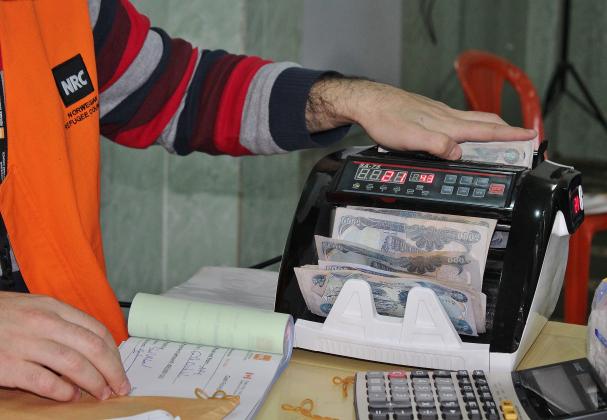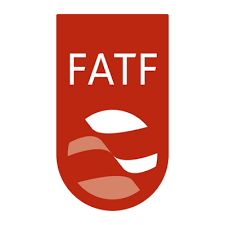Bank derisking
Bank derisking and financial access barriers can cause significant operational challenges for non-governmental organisations. Bank derisking occurs when banks refuse to offer services, such as accounts or transfers, to organisations or locations perceived as high risk in order to minimise their own exposure to accusations of facilitating terrorist financing, which could result in fines or other repercussions.

The delays and administrative burdens that non-governmental organisations face as a result of bank derisking can cause challenges to paying staff, contractors, and suppliers. This in turn can lead to delays in program implementation; difficulties in implementing cash programming; and an over-reliance on informal or unregulated cash transfers that can be higher risk such as carrying cash. Local non-governmental organisations can face even greater challenges, as they do not have the capacity to navigate regulatory issues or dedicate resources to compliance.
The role of the Financial Action Task Force
The Financial Action Task Force (FATF) is an inter-governmental body responsible for setting standards and promoting the implementation of legal, regulatory and operational measures to combat terrorist financing. FATF recommendations inform states on how to regulate the financial sector to mitigate terrorist financing risks. FATF recommendations are in theory non-binding, but non-compliance can impede a state’s access to international financial markets. This gives states a very strong incentive to comply. The FATF standards do not always provide clear guidance for implementation, which creates space for misinterpretation, misuse or overcompliance by states and banks.
In 2001, Financial Action Task Force (FATF) issued recommendation 8, which identified non-profit organisations (NPOs – the umbrella term FATF uses to refer to civil society, development, and humanitarian organisations) as ‘particularly vulnerable’ to exploitation for terrorist financing purposes. This increased financial institutions’ reluctance to offer services to NPOs. The recommendation was revised by FATF in 2016, following collective advocacy efforts, and the revision directed governments to undertake a more nuanced risk management-based approach when developing counterterrorism financing measures to avoid the disruption of ‘legitimate non-profit activities’. However, humanitarian organisations still face restrictions in accessing financial services.

The Global Non-Profit Organisation Coalition on Financial Action Task Force is a collection of diverse non-governmental organisations that advocate to mitigate the unintended consequences of countering the financing of terrorism (CFT) policies on civil society.

Find more information on their work here.
Solutions to bank derisking
In recent years there have been over 30 initiatives that have sought address the impacts that bank derisking can have on non-governmental organisations. Tri-sector working groups have been established in several countries that facilitate exchange between non-governmental organisations, financial institutions, and governments to share perspectives on derisking challenges and find collective solutions.
NRC's Dialogue series on solutions to bank derisking
Between 2022-2023, the Norwegian Refugee Council held a four-part multi stakeholder dialogue series on solutions to bank derisking to identify the potential solutions that can be operationalised. The dialogue was funded by the Directorate-General for European Civil Protection and Humanitarian Aid Operations (ECHO) and the Swiss Federal Department of Foreign Affairs (FDFA).
ECHO and the Swiss FDFA, brought together experts from the financial sector, humanitarian organisations, governments, academia and the fintech sector to discuss different solutions and best practices. Each dialogue resulted in a collection of recommendations to be operationalised by the different sectors.
Find out more about the dialogue series here.
Read the outcome papers of each dialogue below:
- Session 1: Safeguarding humanitarian banking channels: how, why and by whom?
- Session 2: Use of Money or Value Transfer Services by Non-Governmental Organisations
- Session 3: Mitigating financial sector derisking through innovation: The role of digital technologies in humanitarian funds transfers
- Session 4: The developing role of national tri-sector groups in addressing financial sector derisking